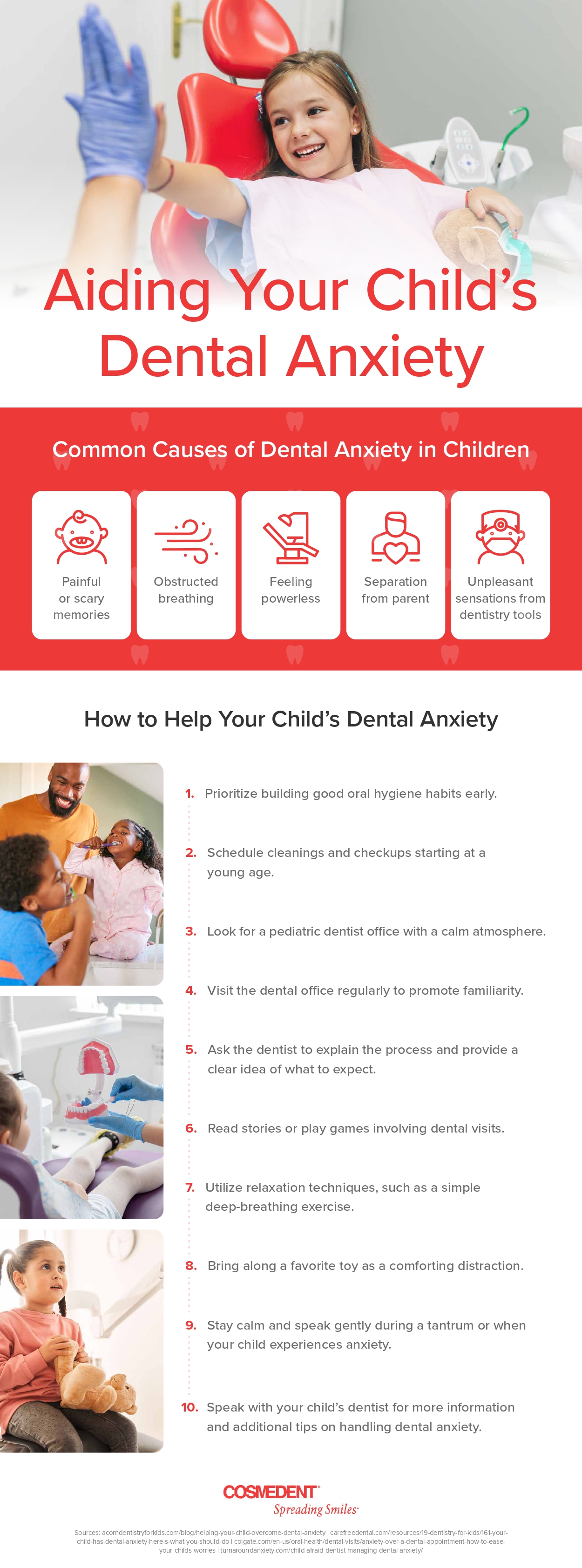Caries, gingivitis, dental abscesses, mouth ulcers … Oral diseases are often very painful and embarrassing. It is therefore important to adopt good daily actions to take care of your teeth. Christophe Lequart, dental surgeon, reveals 10 good practices to put in place.
Good oral hygiene is the key to avoiding many complications like gingivitis , dental abscesses or canker sores . The most frequent and best known are cavities . When a person ingests a food containing sugars, the bacteria present in the mouth will absorb them and synthesize acids. These demineralize and create micro-holes on tooth enamel. A cavity may then form.
However, saliva has a buffering effect and neutralizes these acids. It also brings minerals that make it possible to remineralize tooth enamel. There are several good habits that can help you take care of your teeth. Doctor Christophe Lequart, dental surgeon and national spokesperson for the French Union for Oral Health, reveals his advice for having healthy teeth.
Use a soft toothbrush and toothpaste containing fluoride
First point: brushing your teeth . It is recommended to brush your teeth twice a day, in the morning and in the evening, for two minutes with toothpaste containing fluoride. ” During brushing, plaque is removed which takes about 12 hours to form. This is equivalent to ‘ time interval between brushing morning and night,” says the dentist before adding ” If we don’ does not remove dental plaque, it calcifies and becomes tartar . However, the latter is only removed by descaling carried out by a dentist ” .
Doctor Christophe Lequart also recommends brushing your teeth with a soft toothbrush, because it promotes roller movements from the gum to the tooth. The bristles of this brush intertwine and enter the inter-dental spaces to clean them. In addition to the two minutes of brushing, it is recommended to clean these inter-dental spaces with dental floss or inter-dental brushes.
“I also recommend toothpastes that contain fluorine, because this molecule prevents the formation of cavities. Fluorine combines with tooth enamel and makes it more solid especially in the face of acid attacks that form after a meal “, completes the Doctor Christophe Lequart. Fluoride therefore makes the enamel more resistant and it carries out a preventive action against cavities.
Go to the dentist at least once a year
Check-up visits to the dentist should take place at least once a year. However, a consultation every six months is recommended for people with chronic pathologies such as diabetes , cardiovascular disease and inflammatory pathologies.
Creating good dental habits is important from a young age, but not all kids are comfortable with going to the dentist right away. For ways you can help your child with their dental anxiety and set them up for a lifetime of good dental health, please see the resource below.
Provided by Cosmedent – dental continuing education

